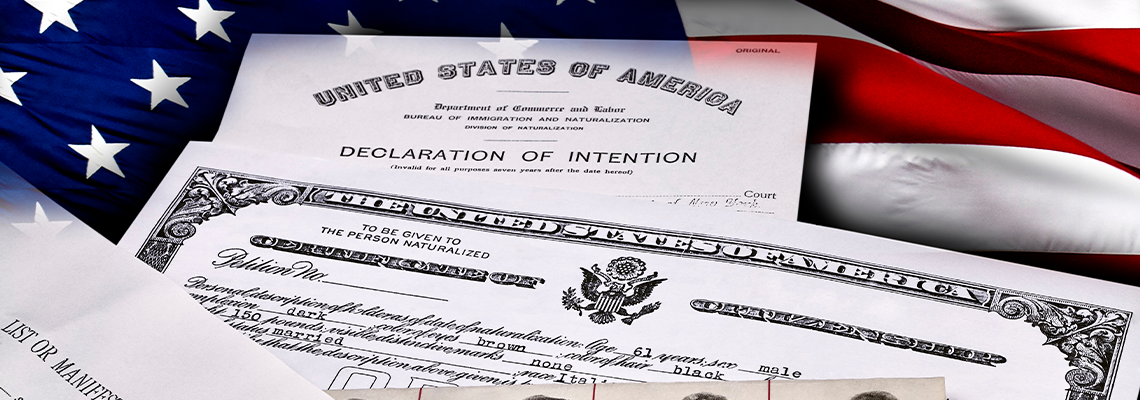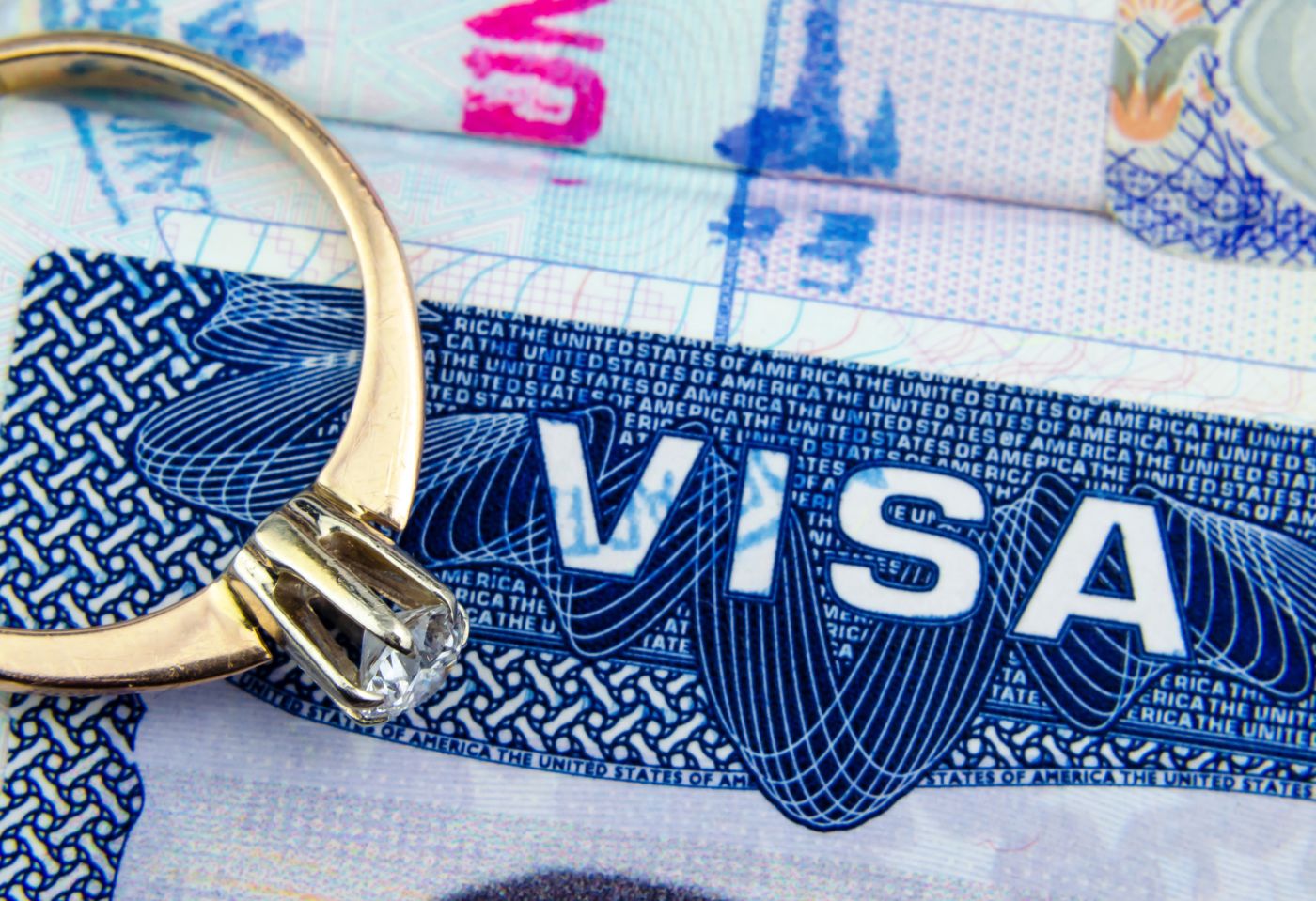The answer to this question will depend on the specific situation. Immigration authorities don’t want people lying to immigration authorities about the true reason for the visit. For example; if you come to the U.S. using a tourist visa, you are representing to Custom and Border Patrol, that you came here for a brief visit and not that you wanted to move here permanently.
If a person enters the US and shortly after the entry applies for an immigrant visa and to adjust his/her status in the U.S., USCIS will presume that the person was trying to avoid the normal screening process of applying for his/her immigrant visa back home and wanted to take a shortcut by getting a tourist visa to avoid the long wait of applying for his immigrant visa from home. Thus can accuse the person of committing misrepresentation when they entered the U.S. or even obtaining the tourist visa with fraudulent purposes. Talk to an attorney about your individual situation, before filing for your green card, to find out if you are eligible to stay in the US to wait for its approval.
There are many factors that will be taken into account when evaluating your specific situation.
The way you initially entered the U.S. (with a U.S. visa or without inspection)
The type of visa you used at the time you entered;
Must not have entered the U.S. as a foreign national in transit without a visa, a crewman, or under the Waiver Visa Program.
However, there is an exception for those who apply as immediate relatives of a U.S Citizen (parent, spouse, widow, widower; or unmarried child under 21). For example: the spouse of a U.S. is eligible, so long as the immigrant did not enter the U.S. with the pre-conceived intent to permanently stay in the U.S.
Eligibility to adjust status in the U.S. is very important for persons who accumulated unlawful presence in the U.S., because departure can result in a bar upon return that can be for three, ten years, or permanent, depending on the length of the unlawful stay. However, if the person is eligible to adjust status in the U.S., there are no potential risks of time bar upon return, because there will be no departure to trigger the time bar. Although there are waivers available based on extreme hardship to qualifying family members of a U.S. Citizen, the person has to qualify for the waiver. Speak with an attorney to see if you will be able to stay in the U.S. while you wait the approval of your immigrant visa.
Disclaimer: This Information is made available by the lawyer or law firm publisher for educational purposes only as well as to give you general information and a general understanding of the law, not to provide specific legal advice. By using this blog site you understand that there is no attorney-client relationship between you and the Blog/Web Site publisher. The Blog should not be used as a substitute for competent legal advice from a licensed professional attorney in your state.


